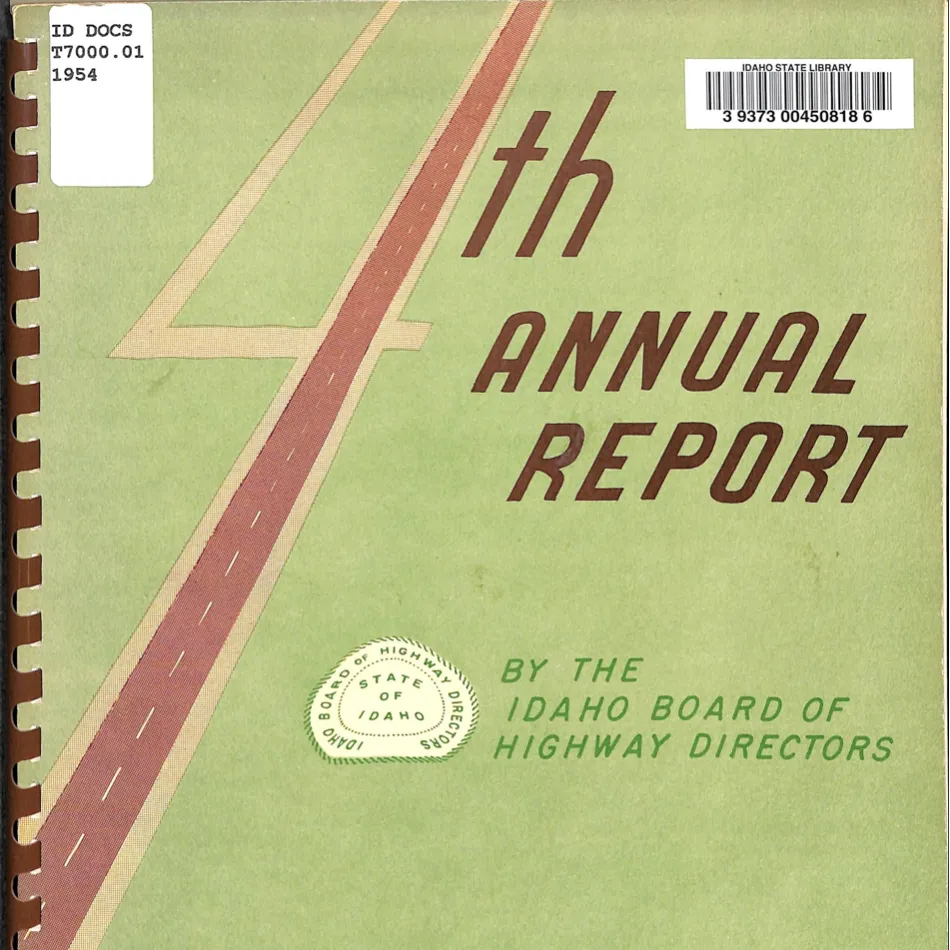Socials section
Hi, I'm Vitaly
I'm a Machine Learning Economist at the Philly Fed
I also teach "AI, Business, and Society" at Wharton
and write about AI and Economics in my blog, "Please Bring Strange Things"
Reach me at vitaly.meursault@phil.frb.org
Disclaimer: This is my personal website. The views expressed here are my own and do not necessarily represent the views of the Federal Reserve Bank of Philadelphia or the Federal Reserve System.
My academic CV →




My work is at the intersection of Machine Learning (ML) and Economics. Two things I'm obsessed about are:
- Natural Language Processing (NLP) in Economics (especially, how to ensure NLP measures are good)
- Fair ML for consumer finance (especially, how to fit together ML with fair lending policy with minimal adjustments to either)
I think that interdisciplinary research is very cool.
I studied History at school and Japanese on my own. I worked as a tour guide in beautiful St. Petersburg, and an interpreter at a car factory. Then I went to grad school for Financial Economics and picked up some Machine Learning skills. I'm into art history and love spending time with my cats. Translation is creation - I find joy in connecting ideas from different parts of life, making them click in new ways. I appreciate Ursula Le Guin's characters who take the long way home, experiencing new worlds along their way. "It is good to have an end to journey toward; but it is the journey that matters, in the end."
-
Debt Dictionaries

When a company speaks, who hears what? We demonstrate that equity investors interpret earnings calls through a lens of growth and technology, while debt investors systematically emphasize news about economic challenges and liquidity. This holds true even when their financial interests seem to converge.
Authors:
Jawad Addoum, Vitaly Meursault, Justin Murfin
Status:
Working Paper
Updated:
Nov 2024
-
LLMs Redefine Quality Panel Creation from Diverse Table Scans: Pipeline and Evaluation Using State-Level Early Car Adoption Tables

Multimodal LLMs are a breakthrough in converting historical tables into usable data. Currently, researchers must either manually digitize tables (time-consuming) or build specialized deep learning systems (requiring technical skills). LLMs allow researchers to use their domain expertise through simple English instructions instead of complex coding, adapting methods to particular document sets easily. Researchers demonstrate that an LLM-based pipeline produces highly accurate results, confirmed by comparing against human-processed data as a reference point. Testing on vehicle registration records, this method is 100× cheaper than outsourcing while reducing errors from 40% to 0.3%. Results match human-validated data quality, making historical economic research more accessible to non-technical experts.
tags:
Authors:
Ina Ganguli, Jeffrey Lin, Vitaly Meursault, Nicholas Reynolds
Status:
Working Paper
Updated:
Aug 2024
-
Patent Text and Long-Run Innovation Dynamics: The Critical Role of Model Selection

Text-based measures in economic research can be highly sensitive to model choice, potentially leading to contradictory conclusions. We demonstrate that domain-specific validation for model selection is critical for reliable analysis of technological change and innovation dynamics. As NLP models become increasingly powerful and accessible to economists, we can and should spend more time on selection and validation.
tags:
Authors:
Ina Ganguli, Jeffrey Lin, Vitaly Meursault, Nicholas Reynolds
Status:
Working Paper
Updated:
Aug 2024